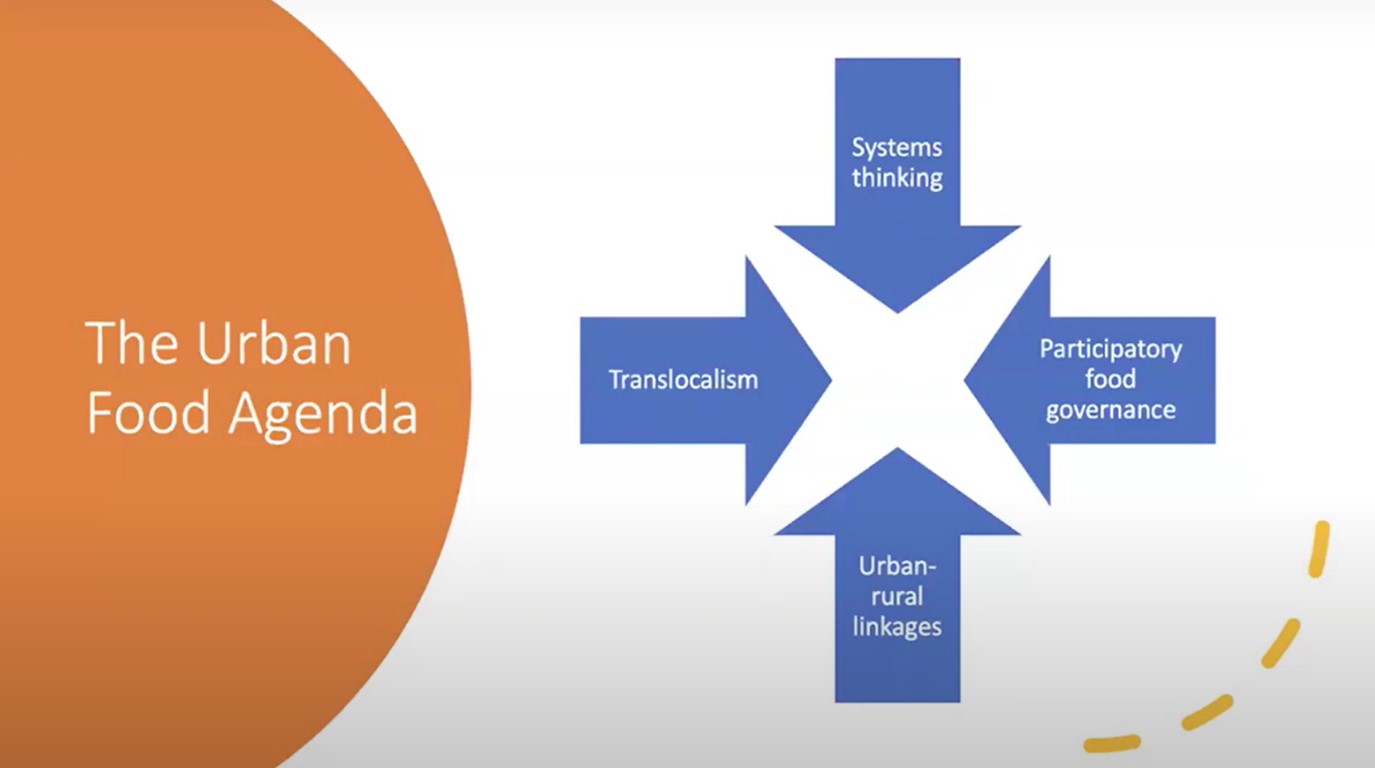Telling the Truth About Food: The Future of Food Regulation in the UK

I recently attended the Westminster Food & Nutrition policy conference, Food regulation in the UK - implementing the modernised framework and priorities for international collaboration on trade, science and standards, 4th June 2019. The issues and ideas covered at today's seminar are relevant to health/hospitals, education/schools and colleges, and even the general public. The digital technology makes easy access to high quality data possible, at very little additional cost. It will improve public trust, inform and educate. Amplifying information on the Statutory Food Hygiene Rating System - mandatory in Wales - is a good example of shared learning.
Heather Hancock, Chair, Food Standards Agency (FSA), provided an update on the UK regulatory framework, which has been developed in the event that the UK proceed with the EU exit. It is intended that, from the date that the UK leaves the EU, there will be a robust regime in place to protect the health and safety of food for consumers. The new regulatory framework includes a surveillance programme for identifying threats to food safety. The programme aims to provide the FSA and industry with access to high quality data and intelligence to protect consumers.
A predictive system for food modelling has also been developed. It can be used to model climate and weather patterns, harvesting and trade routes, and would indicate when the UK need to dial up or dial down risks, and be mobilised and ready for situations as they arise. Heather Hancock advised that the FSA have formally identified the wider consumer interests in relation to the decision-making process for risk management, and that risk management decisions will be increasingly more open and transparent. She noted, "I believe that's absolutely essential to maintain public trust."
One key factor that has not yet been resolved is funding. Tony Lewis, Associate Professor, Royal Agriculture University, pointed out that, if the cost is passed on to industry, a tiered system will be required, and systems will need to be in place to ensure there is a level playing field. He went on to say that businesses may argue that they already pay for regulation via business rates, so the issue of funding may prove challenging.
UKHospitality, representing the broad hospitality sector, covering everything from bars, coffee shops, contract catering, hotels, nightclubs, visitor attractions and other leisure venues, have been working to support industry with key food issues:
- Menu labelling (calories)
- Nutrition (obesity strategies, calorie, sugar, salt targets)
- Assisting members with day-to-day food regulation, such as hygiene issues etc.
- Working with stakeholders (e.g. consultations on advertising and placement of foods)
Jim Cathcart, Policy Director, UKHospitality, advised that the non-government organisation have produced a number of guides and toolkits to support industry, such as the Catering Guide: Industry Guide to Good Hygiene Practice.
Case Study: Statutory Food Hygiene Rating System (Food and Drink Wales)
Keith Smyton, Head of Food Division, Welsh Government, described the Welsh brand as, "Selling trust and honesty." In Wales (and Northern Ireland), the Statutory Food Hygiene Rating System has been written into law. This means that businesses are legally required to display their rating in a prominent place. The scope of the system extends to businesses that sell to businesses, such as food manufacturers and wholesalers, and establishments supplying food direct to customers, such as restaurants, cafes, takeaways, sandwich shops and food retailers.
The aim of the scheme is to enable consumers to make informed choices about the quality of food they purchase outside the home. The scheme, run by Local Authorities, is funded by the companies required to sign up to it, and Mr Smyton reported that Wales are already seeing results from the mandatory scheme.
Moving towards a safe, secure and transparent food system will be key to establishing consumer trust. Dominic Watkins, Partner, Head of Food Group and Head of Regulatory, London, DWF, highlighted the rate of articles on any given day in newspapers and online about food science, some which may be more robust than others. He noted the importance of clear science and clear education for consumers.
Heather Hancock reflected that the best defence for the future of the sector is to tell the truth about food. In the event of an EU exit, she suggested that, "Food will be the first battle ground on the effectiveness of any future deal that comes into play."
Post Contributor:
Caitriona Fitzsimons Digital Reporter





Comments
To post your comment, you need to log-in first. Click here to Log-in.
No Comments yet. Be the first to add a comment. :)